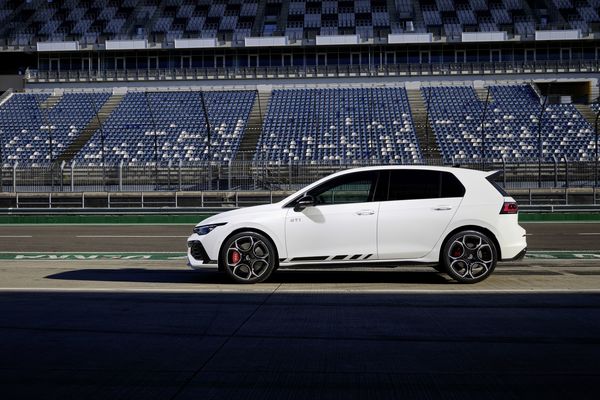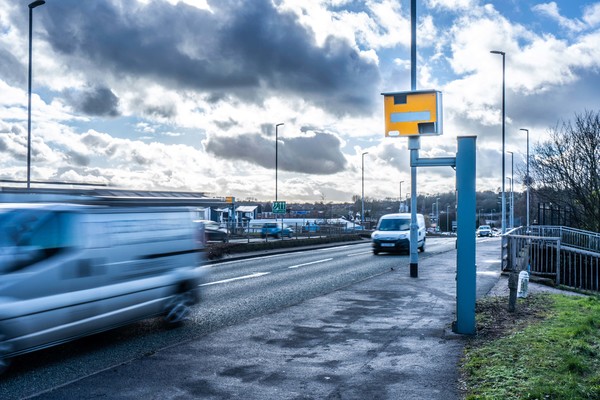ARE you thinking about buying a car soon? If so, there are many important things to consider rather than just buying the first that takes your fancy. To help, the Motor Ombudsman has released some handy hints and tips to help you in your search for that perfect car.
Like many things in life, it’s best to start by spending some time researching before visiting any showrooms, because your choice of car and fuel type has dramatically grown in recent years. Once you have a shortlist of vehicles that matches your budget and requirements, it’s time to arrange some test drives for a practical experience of what the cars on your wish list would be like to use on a day-to-day basis. CO2 emissions dictate how much road tax you will pay, so check your shortlisted cars – electric vehicles are exempt until April 2025, self-charging and plug-in hybrids are not, and petrols and diesels vary a lot, but there is plenty of information online to check this out.
Most manufacturers now offer fully electric vehicles, and with new brands arriving seemingly every month, the choice is more extensive than it was a few years ago. EVs do tend to be more expensive than their petrol or diesel equivalents, so shop around, speak to current owners about their experiences and read reviews, especially if you are considering battery-powered motoring for the first time.
Once you know what vehicle you want in terms of practicality, comfort, number of seats and looks, check whether equipment, such as child seats, prams, bicycles, golf clubs and anything else you may need to carry will fit into it. Next you need to read all paperwork thoroughly to verify that all of the information is correct, and make sure you check and understand any small print. This applies to order forms, invoices, and deposits which will often not be refundable if you subsequently change your mind, so check.
Aside from being able to purchase the car in one payment, there are several ways to fund a purchase. These can include bank or credit union loans, or a deposit with monthly payments over a number of years via a hire purchase agreement (HP) or personal contract purchase (PCP) arrangement. Take time, though, to understand the pros and cons of each type of financing, as well as associated conditions such a limit on annual mileage before committing to anything. It is also important to bear in mind that you won’t own the vehicle until your final payment has been made.
You must also consider the longer-term running costs. In a credit crunch with high inflation and a soaring cost of living, you should consider the monthly finance repayments, charging tariffs for Evs and the wildly fluctuating price of fuel at the pumps. Then there is breakdown cover, insurance, maintenance and the cost of replacement components such as tyres, exhausts and brakes that wear with use. It might be a good idea to enquire about a service plan to get an idea of the cost of routine maintenance, and perhaps even the purchase of an extended warranty.
Whatever car or payment type you choose, make sure you have done your homework diligently and that your final choice ticks all the boxes on your wish list. Happy shopping.









